The humanization of our parents can be rough – just like anyone else they can be stubborn and vengeful. They can be obtuse and lazy. They can be manipulative and reckless. Values we don’t realize exist, or at least fully recognize as kids, can manifest themselves in the people that raised us. Traits that have always been there, just hidden under the image of their parental status in our minds.
For the fortunate, the manifestation of their humanity is gradual – over time we begin to interpret their character the same way we would in colleagues and acquaintances:
“Oh, my mother just reads the headlines of articles before she shares them on social media.”
“My opa likes to ask for favors by guilt tripping me.”
“My step-dad never takes care of himself first – he burns out taking care of my manipulative step-sister.”
“Dad can’t stand when waiters don’t give him water right when he sits down and snaps at them until he gets their attention.”
As our parents, some of us only saw their shining and desirable qualities – or even interpreted “poor qualities” as good ones: acting boorish meant you could get what you wanted quick, and being passive aggressive was how to get people to do things your way. Through our personal experiences and living outside of their direct influence, their characteristics begin to take on a different quality once we start to recognize those same qualities in other people we encounter. The crystallization of their “true” character may not be a pleasant experience, particularly for the homes where life was less rosy.
“I will never be like my father”
“I will never be like my mother”
“I will never do what they did to me”
When I was about 12 I read a book called “A Child Called It,” the story of a boy who survived living with an abusive mother. I was too young to draw the conclusion that parents are just people, and can be as good or as bad as anyone else, so I wondered how the boy of the story (the author) kept trying so hard for his mother to love him when it was so clear as a reader that his life was in danger. How is it that it is so difficult to extricate ourselves from family, even as they exhibit toxic behavior far and above anyone else we allow into our lives? What differentiates the people who raised us from anyone else?
There was a time when a simple answer may have gone “well because they are family, and blood is thicker than water.” However, it can also be expressed as “the blood of the covenant is thicker than the water of the womb,” which speaks to the bond between soldiers being stronger than their bonds of family. These two interpretations only further confuses how family ties are measured and goes to show how conflicted people can be regarding one’s loyalty and deference to family.
The point here is that family can be complicated, and how we interact with people from a young age not only affects how we behave in the future, but also how we behave towards others and how we view their behavior. It’s a great example of the nature versus nurture conversation.
So why does this matter? Whether we had great relationships with our parents or horrendously toxic ones, their behavior will affect us in some way for the rest of our lives, whether or not we viewed them as role models or the cause of our trauma. When and how we come to see our parents as people can play into how we view and interact with others. To me, it helps to view new people I meet with a more open mind, and watch myself for how I act. I’m not perfect by a long shot, but making a conscious effort to view people as just people can go a long way in our lives.
~Elaine Cizma

Please do not hesitate to reach out to the MindReset community if you are in need of support or are interested in supporting others in an actionable and effective way.
The MindReset is a community of individuals who seek to inspire a social movement geared toward creating a more Supportive, Inclusive, Compassionate, and Kind society where anyone and everyone has the opportunity to thrive.
FOLLOW US:
- Facebook: https://www.facebook.com/theMindReset/
- Instagram: @The_MindReset
- Twitter: themindreset
- Youtube: The MindReset
- LinnkedIn: The MindReset
- #TheMindReset #TMR #SICK
- e-mail: themindreset@gmail.com
VOLUNTEER/Support the Community: Join The MindReset


